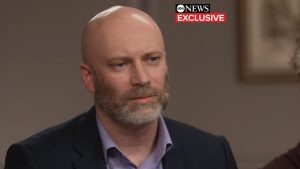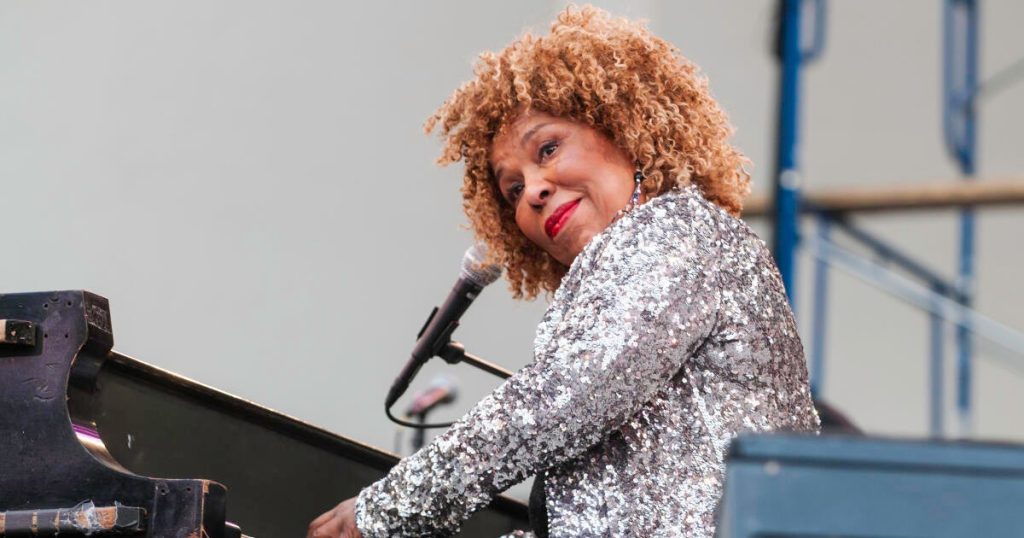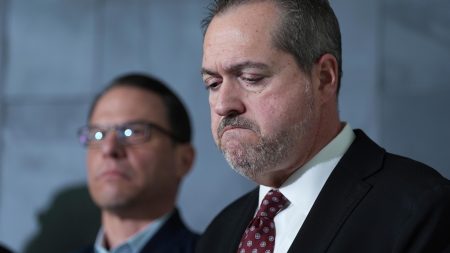Roberta Flack: A Timeless Legacy in Music
The Passing of a Legend and Her Enduring Legacy
Roberta Flack, the renowned Grammy-winning singer and pianist, passed away at the age of 88, leaving behind a legacy that continues to resonate deeply in the music world. Known for her emotive and intimate singing style, Flack captivated audiences with hits like "Killing Me Softly With His Song" and "The First Time Ever I Saw Your Face," which became anthems of the 1970s. Her journey from a small-town girl with a passion for music to an international icon is a testament to her talent and perseverance. Flack’s battle with ALS (Lou Gehrig’s disease) may have silenced her voice, but her music remains a eternal echo of her soul.
From Obscurity to Stardom: The Rise of Roberta Flack
Flack’s rise to fame was nothing short of meteoric. Before her 30s, she was relatively unknown, but her life changed dramatically when Clint Eastwood featured her rendition of "The First Time Ever I Saw Your Face" in his 1971 film "Play Misty for Me." The song’s haunting beauty, coupled with its placement in a pivotal scene, catapulted Flack to stardom. Despite the record label’s suggestion to re-record with a faster tempo, Eastwood’s insistence on using the original version proved to be a stroke of genius, as the song topped the Billboard charts and earned Flack a Grammy for Record of the Year in 1972.
A Unique Musical Style and Artistic Versatility
Flack’s music was a melting pot of genres, reflecting her classical training and deep-rooted love for gospel, soul, and jazz. Discovered by jazz musician Les McCann in the late 1960s, Flack’s voice was described as evocative and powerful, capable of summoning a wide range of emotions. Unlike the high-energy performers of her time, Flack embraced a more measured and introspective approach, which became her signature style. Her collaborations, particularly with Donny Hathaway, showcased her versatility and ability to blend genres seamlessly, creating timeless duets like "Where Is the Love" and "The Closer I Get to You."
A Champion of Social Justice and Civil Rights
Beyond her music, Flack was a steadfast advocate for social justice and civil rights. Her friendships with influential figures like Rev. Jesse Jackson and Angela Davis underscored her commitment to the movement. Flack’s support for Davis during her imprisonment and her performance at Jackie Robinson’s funeral highlighted her dedication to standing up for equality and justice. Her involvement in projects like "Free to Be… You and Me" further cemented her role as a culturally conscious artist, using her platform to inspire change and empower future generations.
A Life Marked by Love, Loss, and Resilience
Flack’s personal life was a tapestry of love, loss, and resilience. Born in Black Mountain, North Carolina, she grew up in a musical family and demonstrated prodigious talent from an early age, earning a scholarship to Howard University at just 15. Her marriage to Stephen Novosel, an interracial relationship that faced familial opposition, and the tragic death of her collaborator Donny Hathaway in 1979 were significant challenges she endured. Yet, Flack’s strength and devotion to her craft saw her through, as she continued to create music that touched hearts and minds.
A Lasting Legacy and Celebration of Her Impact
Roberta Flack’s influence on music is immeasurable. Her ability to transcend genres and connect with listeners on a deep, emotional level has inspired a multitude of artists. From the Fugees’ Grammy-winning cover of "Killing Me Softly" to Beyoncé’s nod to Flack in her "Queens Remix," her legacy continues to be celebrated. Flack’s commitment to music education, through initiatives like the Roberta Flack School of Music, ensured that her passion for the arts would nurture future generations. As we reflect on her life and career, Roberta Flack’s story is one of triumph, love, and the enduring power of music to transform and uplift humanity.















